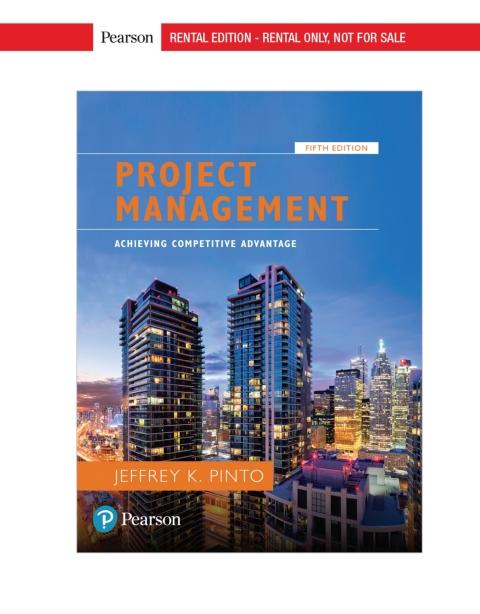Given the financial risks inherent in developing a jet engine, make an argument, either pro or con,
Question:
Given the financial risks inherent in developing a jet engine, make an argument, either pro or con, for Rolls-Royce to develop strategic partnerships with other jet engine manufacturers in a manner similar to Airbus’s consortium arrangement. What are the benefits and drawbacks in such an arrangement? Although the name Rolls-Royce is inextricably linked with its ultra-luxurious automobiles, the modern Rolls-
Royce operates in an entirely different competitive environment.
A leading manufacturer of power systems for aerospace, marine, and power companies, Rolls-Royce’s market is focused on developing jet engines for a variety of uses, both commercial and defense-related. In this market, the company has two principal competitors, General Electric and Pratt & Whitney (owned by United Technologies). There are a limited number of smaller niche players in the jet engine market, but their impact from a technical and commercial perspective is minor. Rolls-Royce, GE, and Pratt & Whitney routinely engage in fierce competition for sales to defense contractors and the commercial aviation industry. The two main airframe manufacturers, Boeing and Airbus, make continual multimillion-dollar purchase decisions that are vital for the ongoing success of the engine makers.
Airbus, a private consortium of several European partner companies, has drawn level with Boeing in sales in recent years. Because the cost of a single jet engine, including spare parts, can run to several million dollars, winning large orders from either defense or commercial aircraft builders represents an ongoing challenge for each of the “big three” jet engine manufacturers.
Step by Step Answer:

Project Management Achieving Competitive Advantage
ISBN: 9780134730714
5th Edition
Authors: Jeffrey K. Pinto





